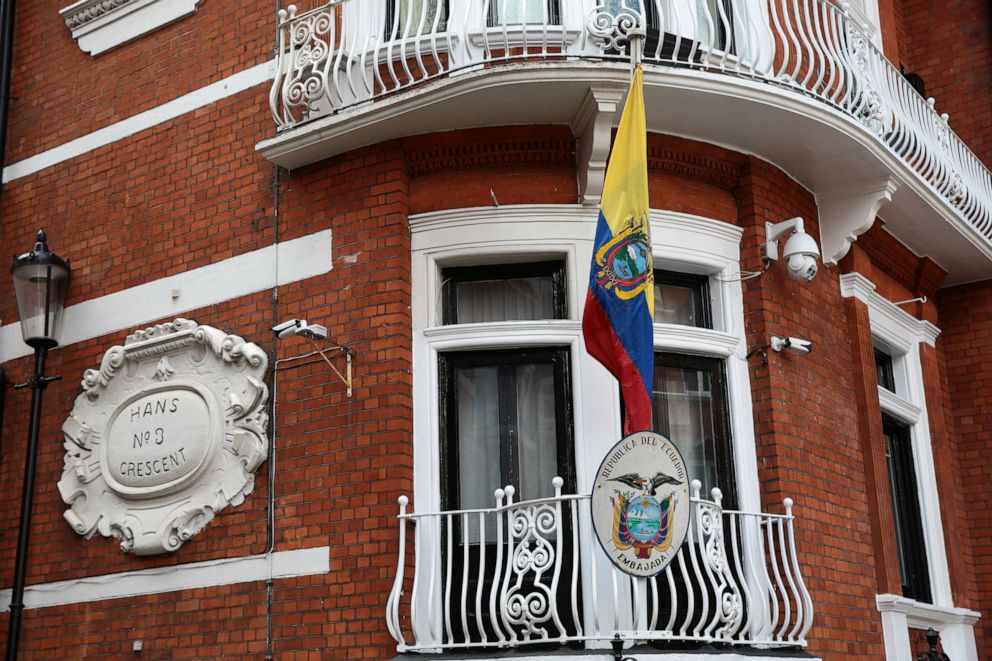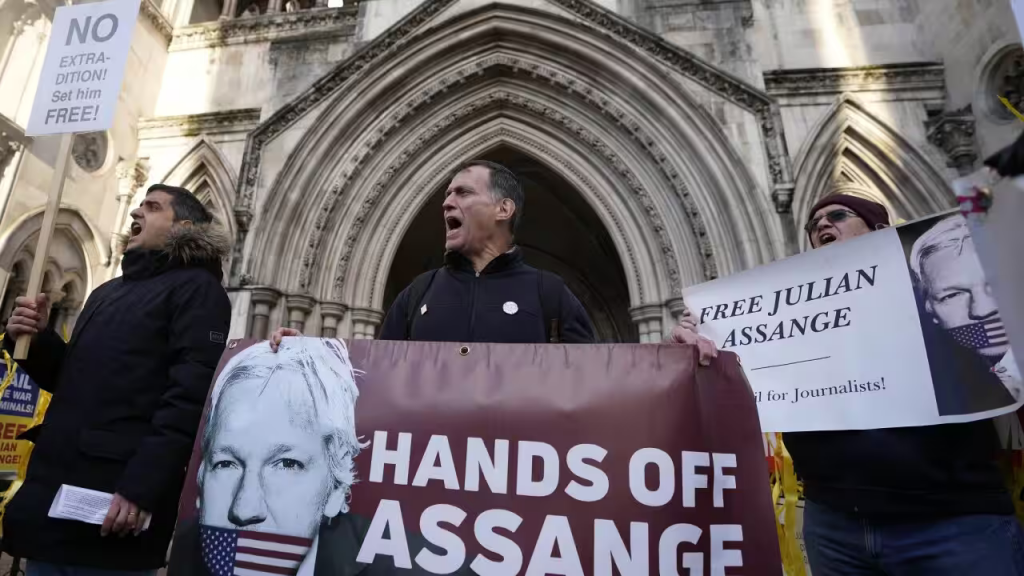Julian Assange, the controversial figure at the heart of one of the most polarizing debates of the 21st century, remains a symbol of the complex intersection between freedom of information, national security, and human rights. The role of the United Kingdom in this multifaceted case is pivotal and demands a deep dive into the intricacies of legal, political, and ethical dimensions.
The Genesis of the Saga
Julian Assange, an Australian computer programmer and the founder of WikiLeaks, burst into the global consciousness in 2010 when WikiLeaks released a trove of classified U.S. military documents and diplomatic cables. These leaks, which included the infamous “Collateral Murder” video showing a U.S. helicopter attack in Baghdad, ignited a firestorm of controversy. To some, Assange was a hero, a crusader for transparency and accountability. To others, he was a criminal and a threat to national security.
The Asylum and the Ecuadorian Embassy
Facing extradition to Sweden over allegations of sexual misconduct, which he has denied, Assange sought refuge in the Ecuadorian Embassy in London in June 2012. Ecuador granted him asylum, citing fears that his extradition to Sweden would lead to further extradition to the United States, where he faced potential charges related to the publication of classified documents.

Assange’s stay in the embassy stretched to nearly seven years, turning into a prolonged standoff that strained diplomatic relations and transformed the embassy into an unlikely symbol of political asylum in the modern era. The UK government, bound by an extradition agreement with Sweden, stationed police outside the embassy around the clock, ready to arrest Assange should he attempt to leave.
The UK’s Legal Entanglement
The UK’s legal involvement in the Assange case is multifaceted. On the one hand, the UK had a legal obligation to execute the European Arrest Warrant issued by Sweden. On the other hand, Assange’s claims that his extradition to Sweden could lead to further extradition to the United States put the UK in a delicate position.
When Sweden dropped its investigation in 2017, the UK still had to deal with Assange’s breach of bail conditions. The British government maintained its stance, stating that Assange would be arrested if he left the embassy, as skipping bail is a criminal offense in the UK.
The Dramatic Arrest
In April 2019, the Ecuadorian government withdrew Assange’s asylum, and the Metropolitan Police were invited into the embassy to arrest him. This dramatic moment, broadcasted worldwide, marked a significant turning point. Assange was immediately brought before a British court and found guilty of breaching his bail conditions. However, the more pressing matter was the U.S. extradition request.
The Extradition Battle
Assange’s extradition battle in the UK courts has been a lengthy and complex process. The United States has charged Assange with multiple counts under the Espionage Act, related to the publication of classified documents. His defense argues that he is being targeted for political reasons and that his extradition would violate his human rights, particularly given the harsh conditions he would likely face in the U.S. prison system.
In January 2021, a UK court ruled against Assange’s extradition to the U.S., not on the grounds of press freedom or the political nature of the charges, but rather on the risk that Assange might commit suicide due to the oppressive conditions he would face in the U.S. prison system. This ruling was a significant, albeit partial, victory for Assange and his supporters.
Political and Diplomatic Implications
The UK’s handling of the Assange case has drawn criticism and praise from various quarters. Human rights organizations have lauded the decision to block extradition on humanitarian grounds, while critics argue that the UK has not done enough to protect press freedom and whistleblowers.

Moreover, the case has broader diplomatic implications. The UK has had to balance its extradition agreements and legal obligations with Sweden and the U.S. while navigating the intense public and political scrutiny surrounding Assange. The decision to arrest Assange inside the embassy was a testament to the UK’s adherence to legal protocols, but it also highlighted the complexities and sometimes contradictions inherent in international law and diplomacy.
The Ongoing Uncertainty
As of now, Julian Assange remains in Belmarsh Prison, with the U.S. government continuing to seek his extradition. The UK courts are still a battleground where Assange’s fate will be decided, a process that could take years and may eventually end up in the European Court of Human Rights.
The saga of Julian Assange is far from over. It is a story that encapsulates the tensions between state security and freedom of the press, the rights of individuals against the machinations of powerful governments, and the role of international law in a globalized world. The UK’s role, both as a custodian of justice and as a participant in this high-stakes drama, will continue to be scrutinized as the case unfolds. Whether Assange will eventually walk free or be extradited remains uncertain, but his case has already indelibly marked the landscape of modern legal and ethical discourse.














